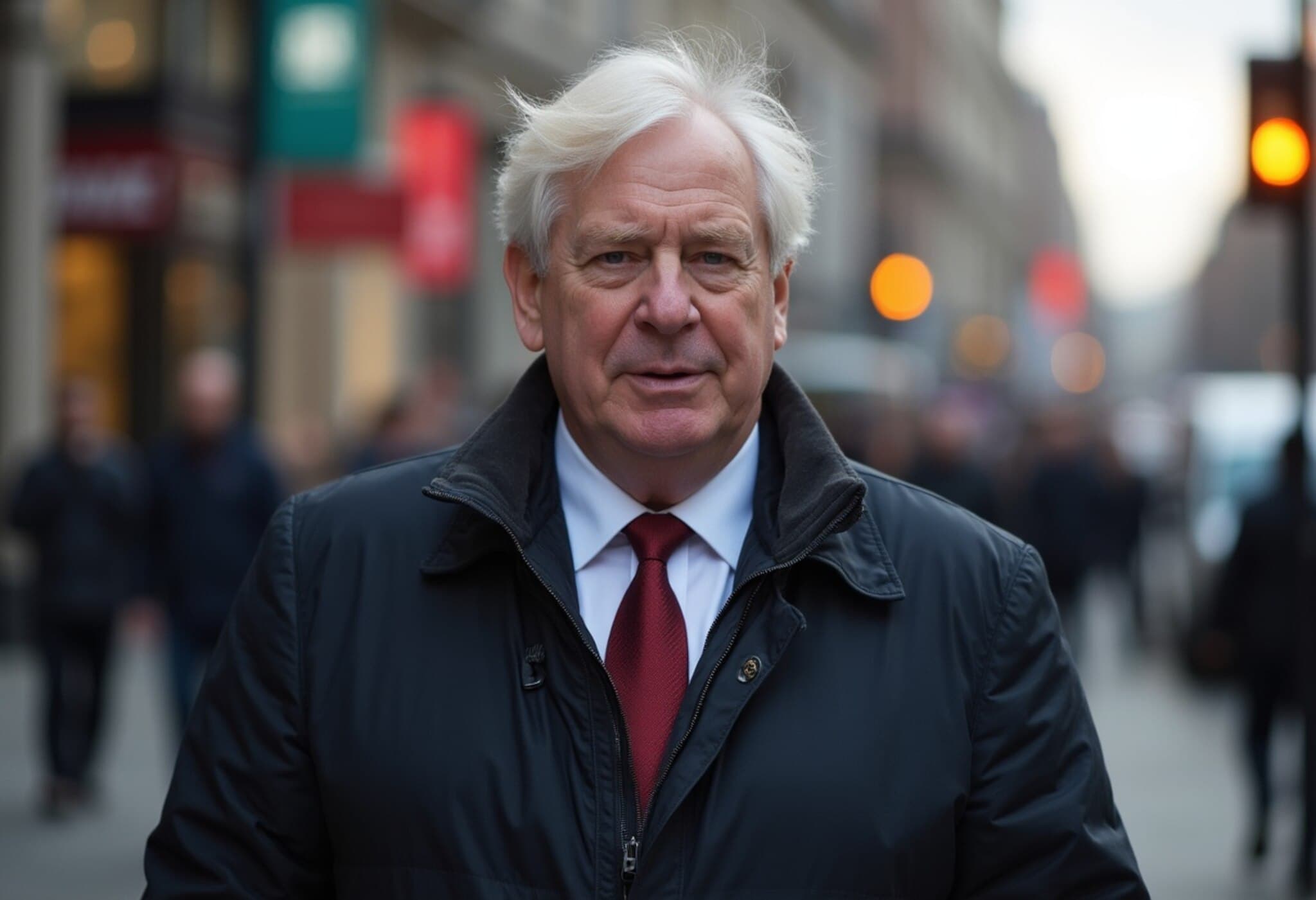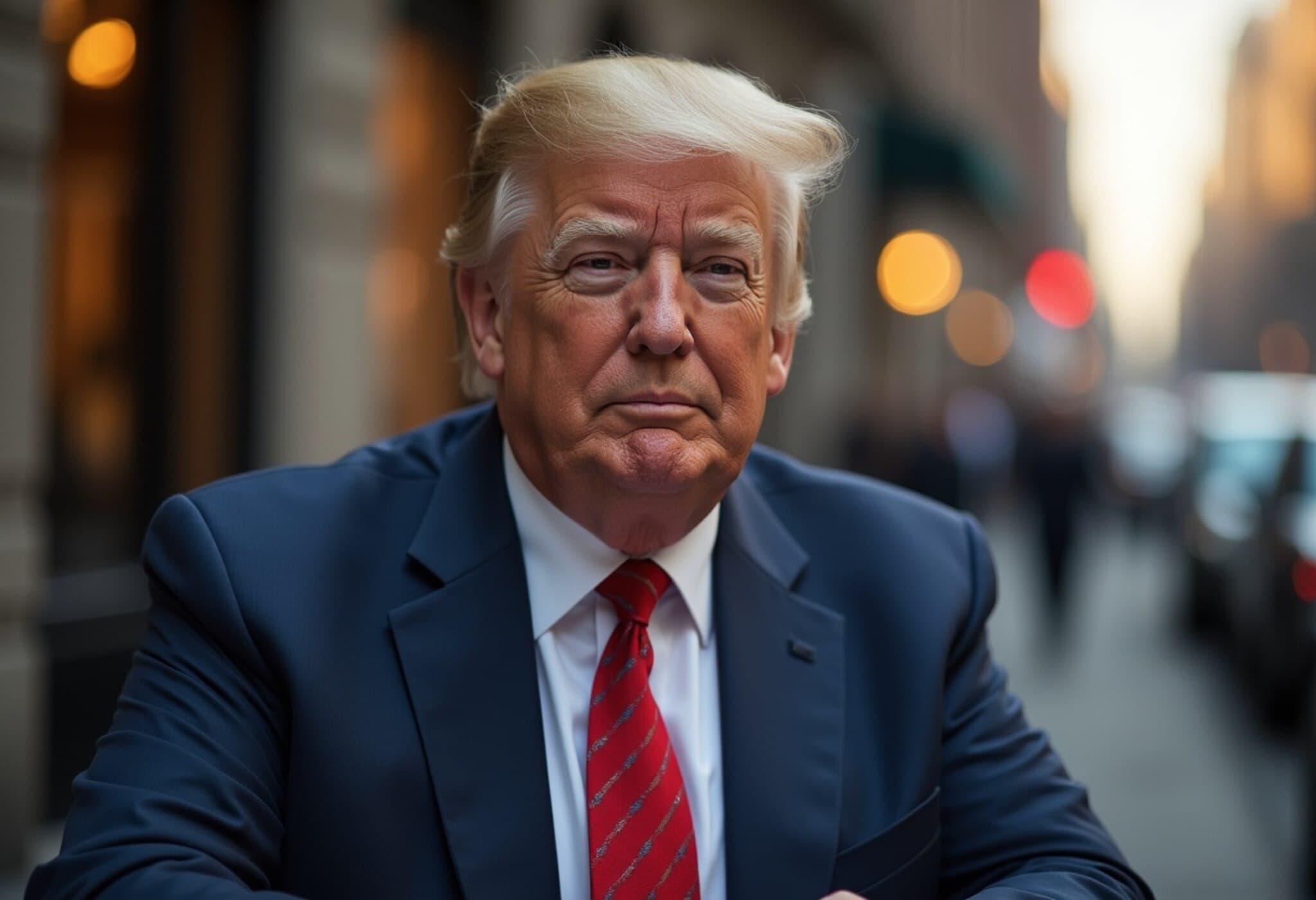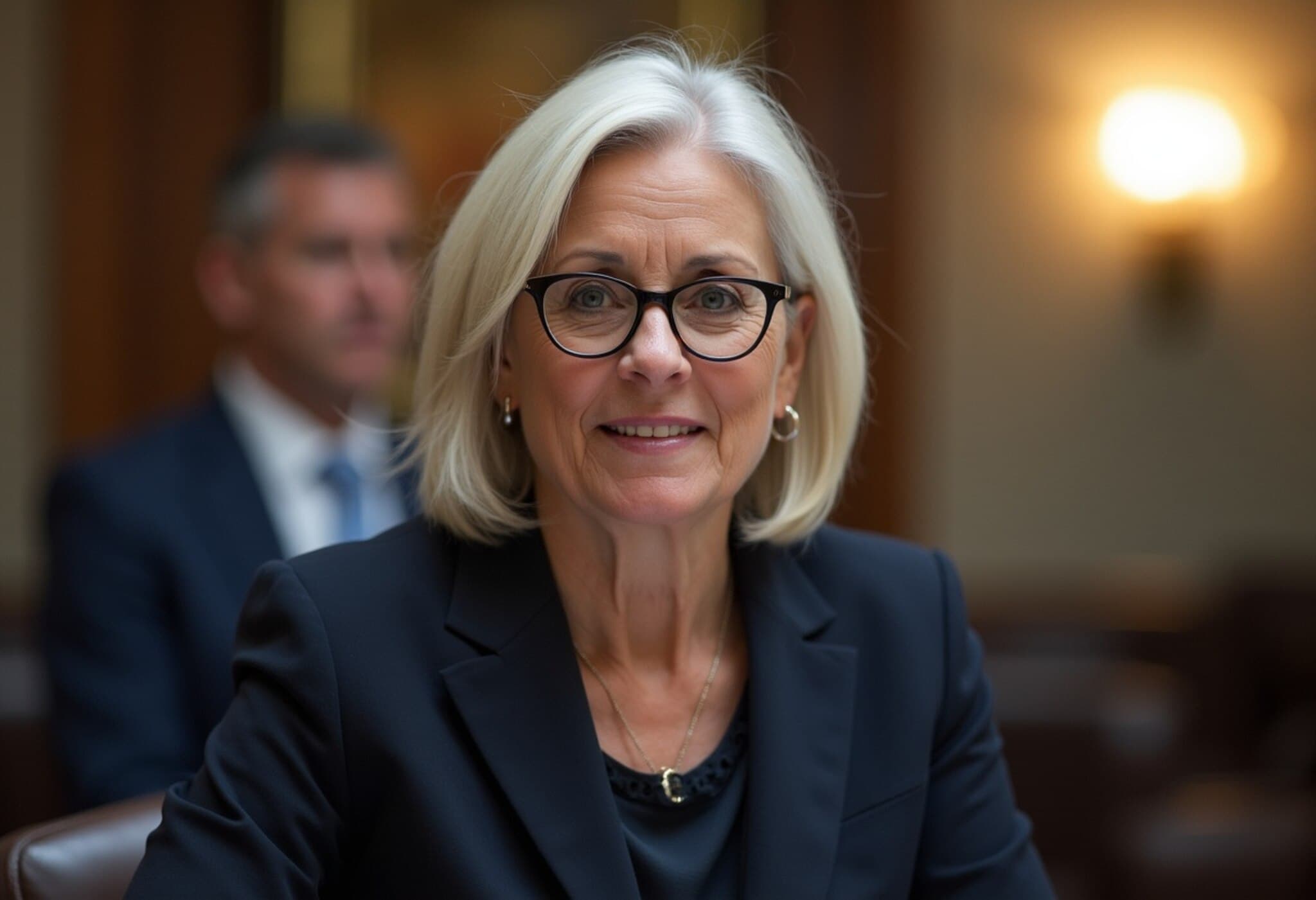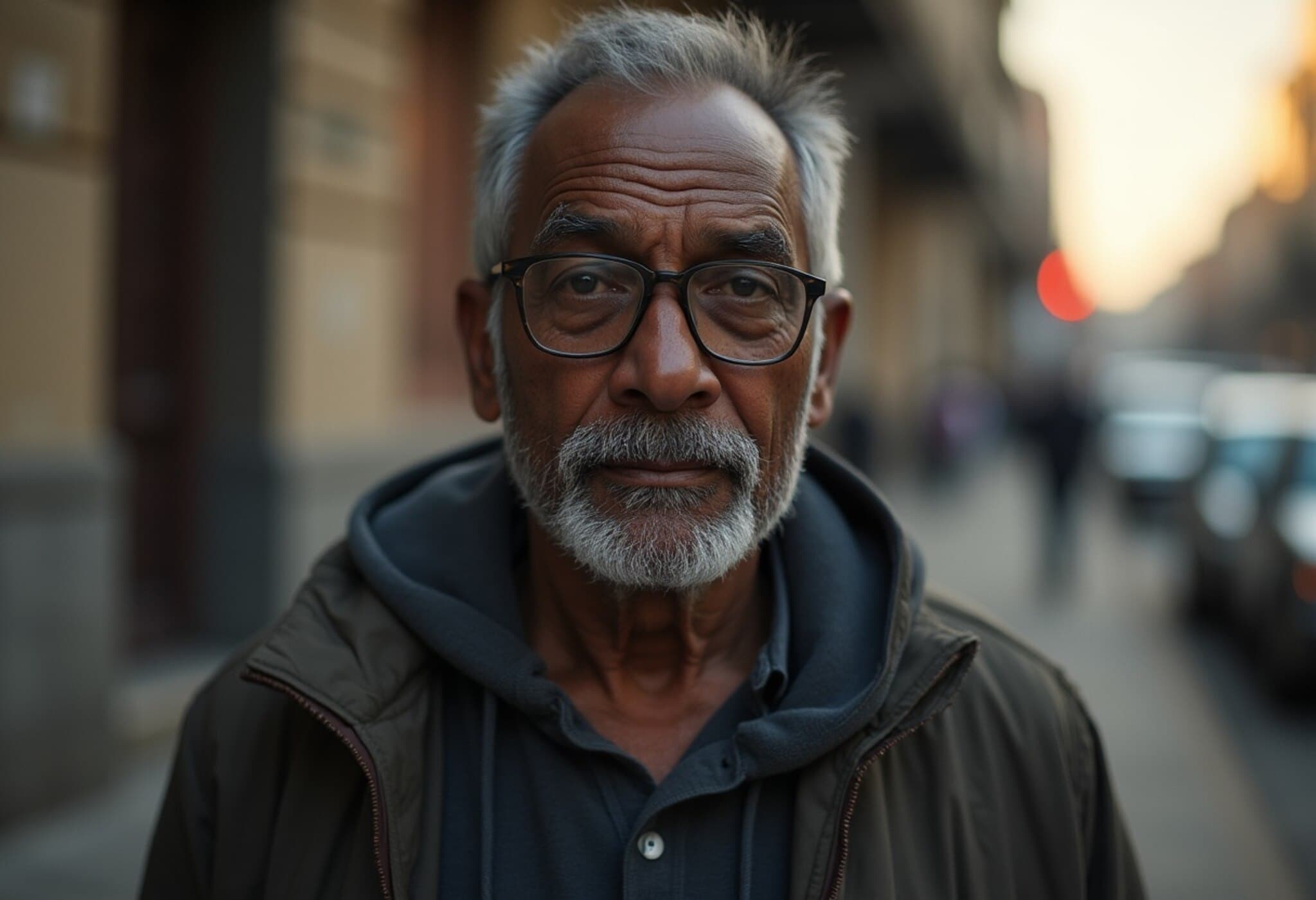UK Government Accelerates Deportation of Foreign Convicts Amid Starmer's Hardline Immigration Policy
In a significant shift towards stringent immigration enforcement, the UK government has unveiled plans to deport foreign nationals convicted of crimes in England and Wales immediately following their sentencing. This policy, championed by Prime Minister Keir Starmer's administration, aims to reinforce border security while addressing issues like prison overcrowding and public safety.
Key Changes in Deportation Legislation
Previously, convicted foreign offenders were eligible for deportation only after serving 50% of their prison sentence. However, a bill introduced in June 2025 reduced this threshold to 30%, effective from September. The latest announcement indicates the government’s intention to further expedite deportations by initiating them as soon as sentencing concludes, effectively removing any mandatory minimum time before deportation proceedings commence.
This expedited process could profoundly impact the handling of foreign offenders, enabling authorities to begin deportations without delay. Labor ministers have defended the measure, highlighting benefits such as reducing prison overcrowding, cutting operational costs, and decreasing the risk of foreign nationals reoffending within the UK.
Political Context: Starmer’s Firm Immigration Stance
Prime Minister Starmer has increasingly adopted a tough approach on immigration, particularly focusing on crimes involving foreign nationals. This shift appears partly motivated by the need to counter rising populist sentiments and electoral challenges posed by parties advocating even tougher immigration controls.
For instance, Nigel Farage and his party have promised to deport over 10,000 foreign criminals if elected, alongside ambitious plans to expand prison capacity—including outsourcing incarceration facilities to countries like El Salvador.
Who Is Affected? Important Exceptions
- The new deportation policy excludes individuals serving life sentences, including those convicted of grave offences such as murder or terrorism-related crimes.
- Those deemed a significant security risk or whose presence serves British national interests will remain in the UK.
- Currently, foreign nationals constitute approximately 12% of the prison population in England and Wales, with Albanians forming the largest group among them.
Given the average annual cost of incarceration is around £54,000 per prisoner, the policy could also have economic implications by alleviating financial burdens on the penal system.
Statistical Insights and Ongoing Challenges
Government data reveals that since July 2024, about 5,200 foreign national offenders have been deported—a 14% increase compared to the previous year. To facilitate this, the Ministry of Justice has allocated £5 million towards deploying specialist staff across nearly 80 prisons to hasten deportation processes.
Despite these efforts, the UK continues to grapple with a severe prison overcrowding problem, with facilities operating at roughly 97.5% capacity. The Labour government’s partial response has included early release programs for less serious offenders—a move that has sparked criticism from right-wing lawmakers concerned about public safety.
Expert Perspective: Balancing Justice, Security, and Human Rights
While the government emphasizes national security and efficiency, experts caution about potential human rights challenges and the need for due process protections during expedited deportations. Moreover, critics argue that deep-seated social and economic factors contributing to crime among immigrant communities must be addressed to reduce recidivism effectively.
Policy analysts highlight the delicate balance between enforcing immigration laws and maintaining the UK’s commitment to justice and fairness, especially considering the potential for deportations to disrupt families and community integration.
Looking Ahead
The proposed deportation laws will soon be debated in Parliament, with the government poised to apply them to both current inmates and future convicts. As this policy unfolds, it raises critical questions about the UK's broader immigration strategy, prison system reforms, and commitment to human rights standards.
Starmer’s accelerated deportation policy marks a strategic pivot in the UK’s immigration enforcement, reflecting growing political pressures and societal concerns over crime and border control. While it promises operational efficiency and reduced public expense, the approach must be carefully monitored to ensure it respects fundamental rights and addresses root causes rather than symptoms of criminality among foreign nationals.
Readers are encouraged to consider how such tough immigration policies may impact community cohesion, legal fairness, and the UK's reputation on human rights globally.



















